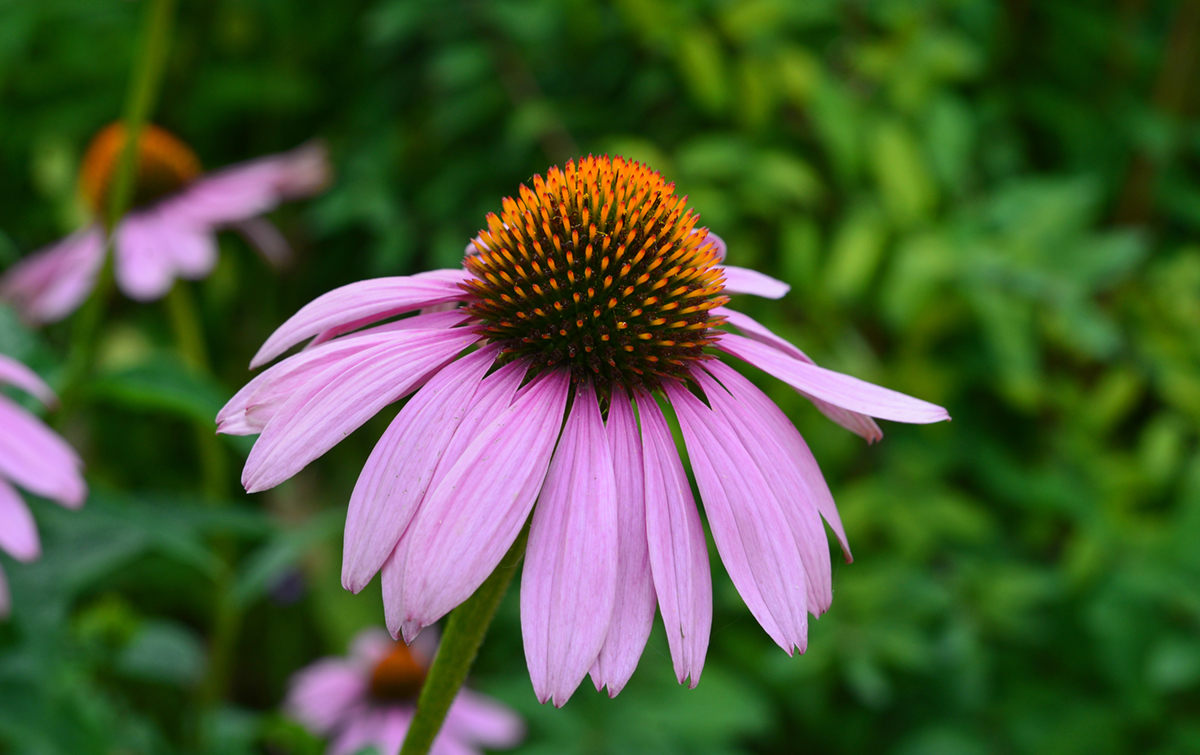
Echinacea is one of the herbal plants which are known as an immune system stimulants. Some of the other names for this plant are Kansas snakeroot,comb flower, scurvy root, black Sampson, hedgehog, snakeroot, American cone flower, Indian head, and narrow-leaved purple flower. It contains many chemicals, some of which stimulate the immune system, while others are known to kill bacteria. Taken orally, it helps in the treatment of a common cold, while local use heals burns and wounds. There is no regulation about the manufacturing of herbal and other health supplements. Moreover, the effects and the potential risks of Echinacea have not been tested by FDA, so the best thing to do is buy it from a reliable source. As with the use of other herbal supplements, it is advisable to consult a GP, pharmacist or an herbalist before taking Echinacea.
People suffering from tuberculosis, HIV/AIDS, autoimmune conditions, multiple sclerosis, disordersof collagen and white blood cells should not takeEchinacea. Persons allergic to plants or any kind of medication should seek doctor’s advice before they use Echinacea, while special caution is recommended to pregnant and breast-feeding women since it is not established if Echinacea bears potential risks for unborn babies or infants. Children should not be given any herbal supplements before talking to the doctor. Further the supplement is not recommended for people taking the immunosuppressant (medicine that interfere with the function of the immune system), hepatoxic medication (which may induce liver damage) and those who are about to undergo anesthesia.
Like other herbal supplements, Echinacea comes in the form of pills, tinctures, teas, topical formulations and others, while topical form is intended only for external use. Echinaceapills are taken with the full glass of water, whereas liquid forms come with the dropper that enables the application of prescribed doses. If using Echinacea to treat a common cold, it should be taken as soon as the first symptoms occur, and the treatment lasting for 3 weeks should be followed by one week without Echinacea. Simultaneous use of different formulations of Echinacea is not recommended since it may lead to an overdose though there is no information about the symptoms of Echinacea overdose or what to do in case of a missed dose. Allergic reactions, including hives, swelling of the tongue, lips or face, heavy breathing or closing of the throat should be reported to the doctor. Other side effects includes nausea, vomiting or fever but these are quite uncommon.


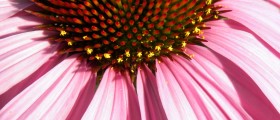
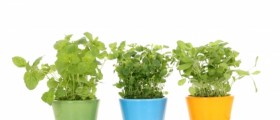
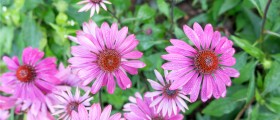
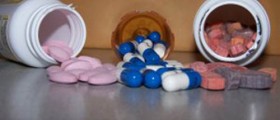

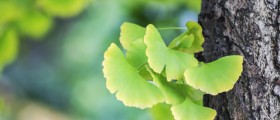





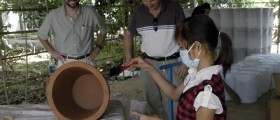

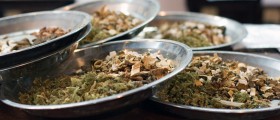

Your thoughts on this
Loading...